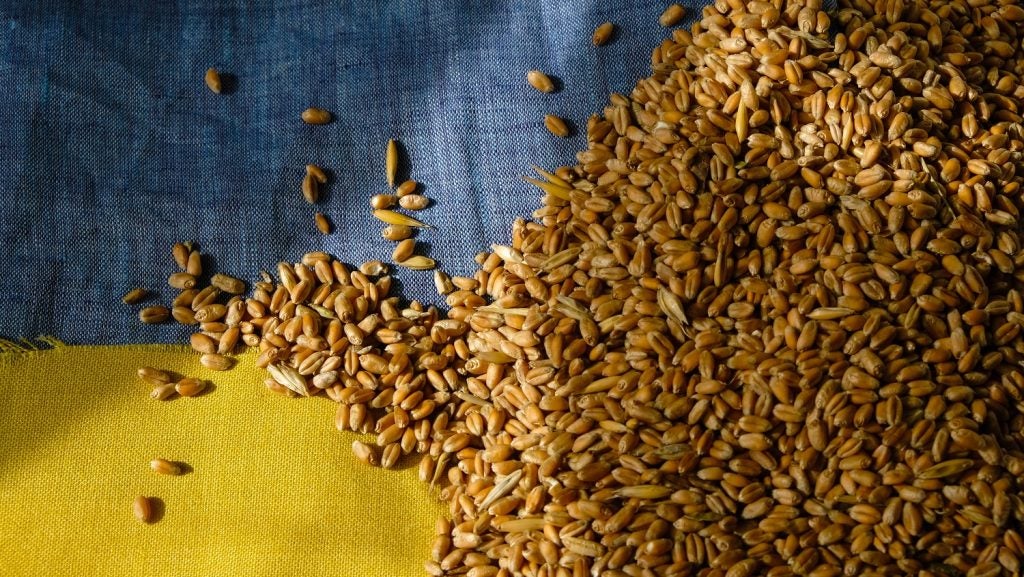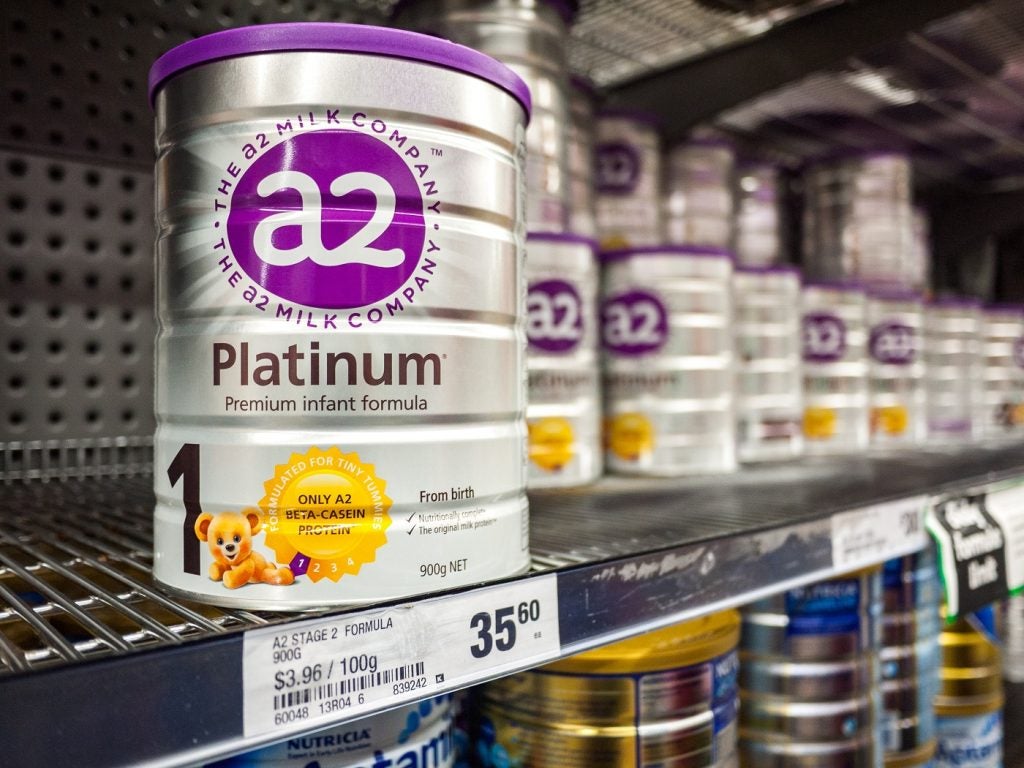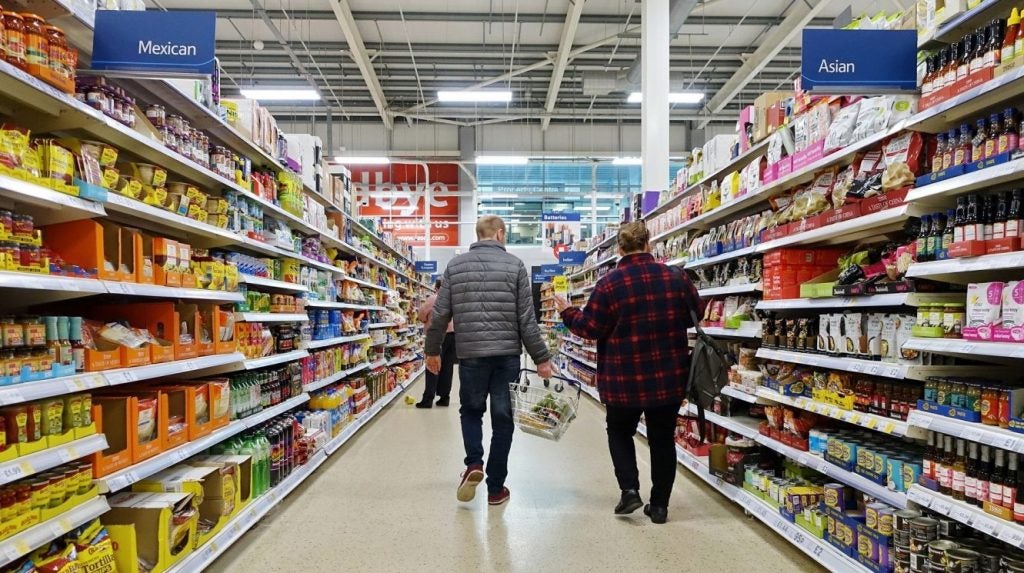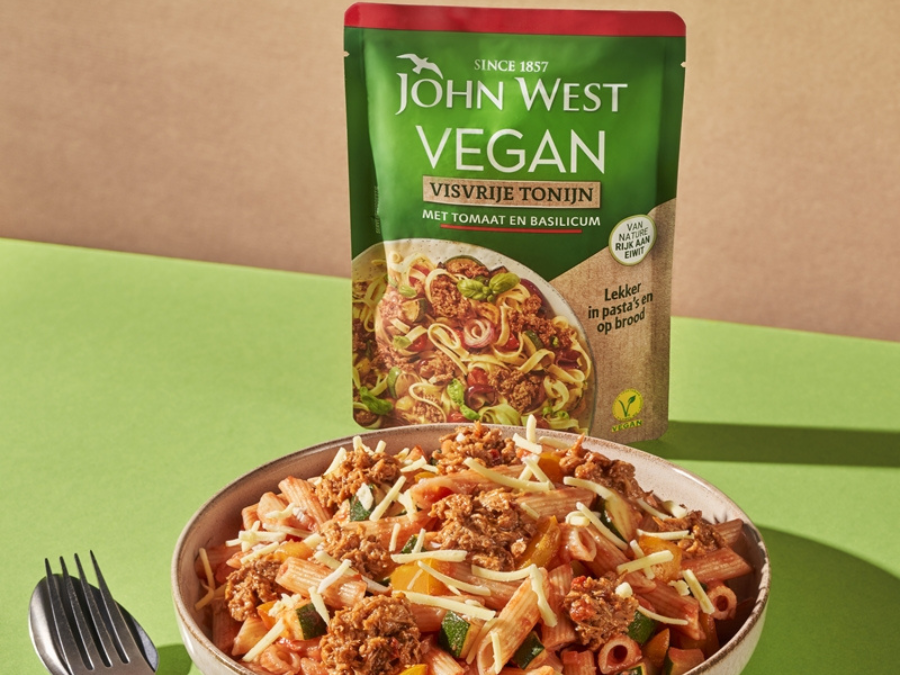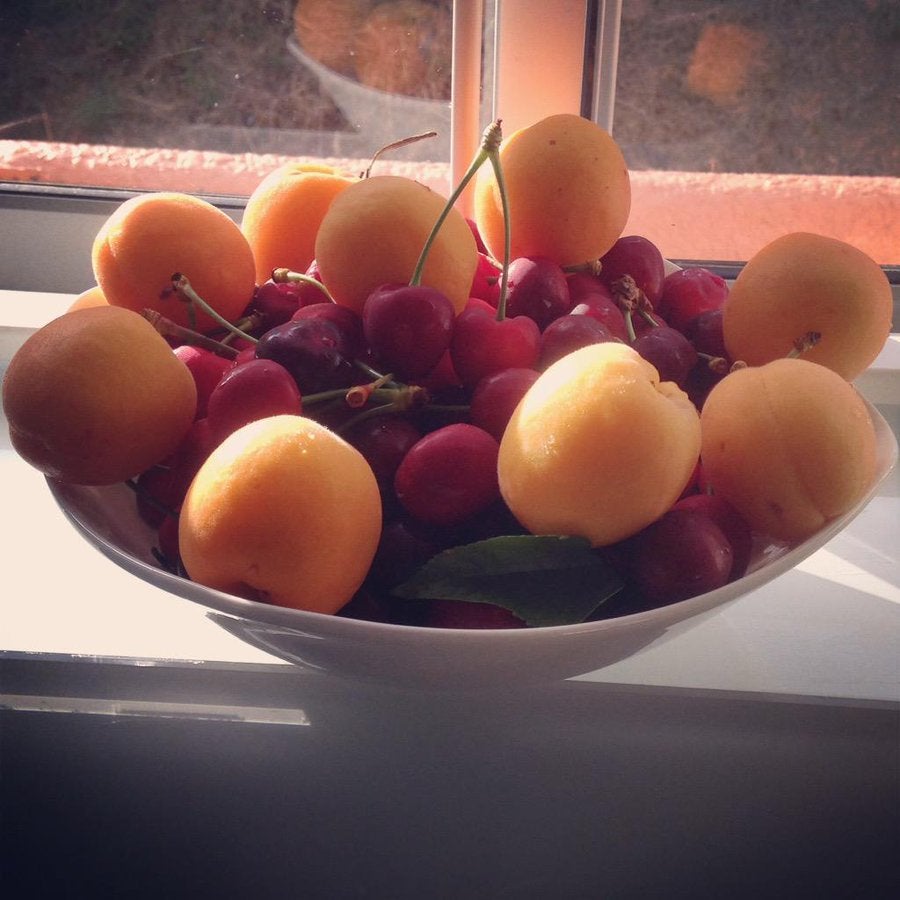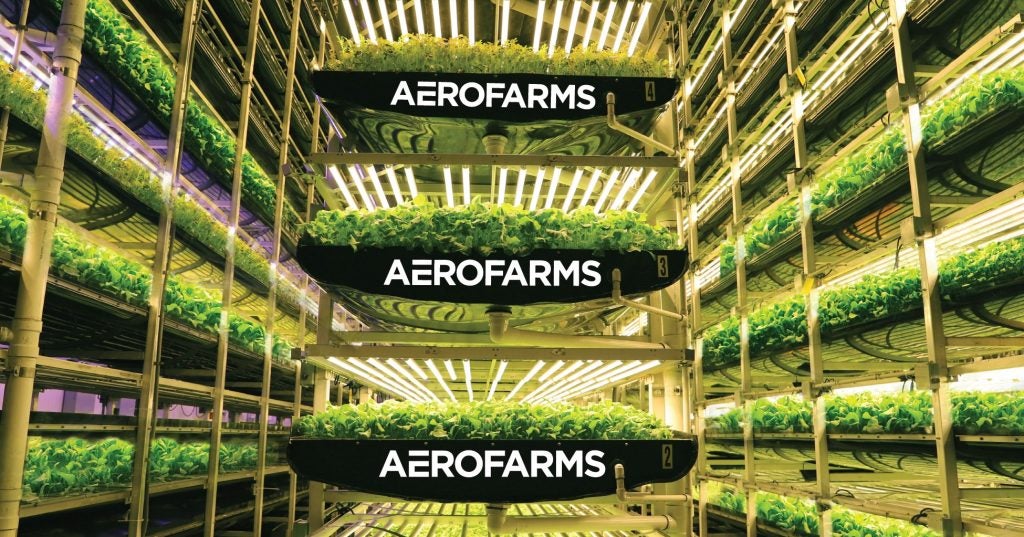France and Spain have added their voices to other European Union (EU) member states criticising Poland, Hungary and Slovakia for continuing to ban grain imports from Ukraine.
Ukraine has also made good on its promise to challenge the stance taken by those countries via the World Trade Organization (WTO).
The European Commission (EC) decided on Friday (15 September) to end its support for trade restrictions that date back to May, but Poland, Slovakia and Hungary have vowed to maintain the ban to protect their farmers from bulk imports of cheaper Ukrainian grain.
And Romania looks likely to follow suit with reports of a temporary ban surfacing today (19 September).
Yesterday, Germany described the EC’s move as “a correct and important decision” and now Spain and France have also backed Brussels’ stance.
Spain’s Minister of Agriculture, Fisheries and Food, Luis Planas Puchades, said such unilateral action seemed illegal and that "it was up to the European Commission to judge" whether any EU member states had broken any laws.
France, meanwhile, said European solidarity was at stake if the ban was allowed to stand.
Speaking before the Council of European Ministers of Agriculture meeting in Brussels yesterday, France's Agriculture Minister Marc Fesneau said: “There is no solidarity without unity. Nor unity without transparency.
“In this context, unilateral measures taken by certain member states cannot under any circumstances constitute a solution. They threaten our collective efforts to preserve global food security.”
But Fesneau hinted at a solution.
“The proposal to entrust Ukraine with the responsibility of regulating flows entering the EU to avoid peaks in imports, including by setting up a licensing system, is an interesting avenue,” he said.
“But we now need detailed information from the Commission and Ukraine on the planned operating arrangements. As well as how to make them credible by making the information transparent.”
In the meantime, Ukraine has formally complained to the WTO about the action taken by Poland, Slovakia and Hungary.
News agency Reuters reported that the global trade body had confirmed Ukraine had taken the first step in a trade dispute by filing a complaint with it yesterday evening.
It said further information would be provided once the request had been circulated to its members.
Romania, which had previously banned Ukrainian imports, looks like it is about re-join the group of countries blocking imports.
Local news service Romania-Insider has reported that the country’s Prime Minister Marcel Ciolacu has announced that the government is ready to introduce a 30-day extension of the embargo on grain imports from Ukraine.
But it said this order will not be given until there is communication with the Ukrainian government.
Bulgaria, the fifth country to initially impose a ban, has voted to allow the resumption of Ukrainian grain imports.
The row goes back to May when the five European Union members - backed by the EC - banned imports of grain and selected other foodstuffs from Ukraine to protect prices for domestic farmers. The EC extended the deal in June.
Ukraine has become even more dependent on alternative EU export routes, called Solidarity Lanes, for its grain exports since July when Russia tore up the agreement that had allowed Ukrainian grains to be shipped via its Black Sea ports.


